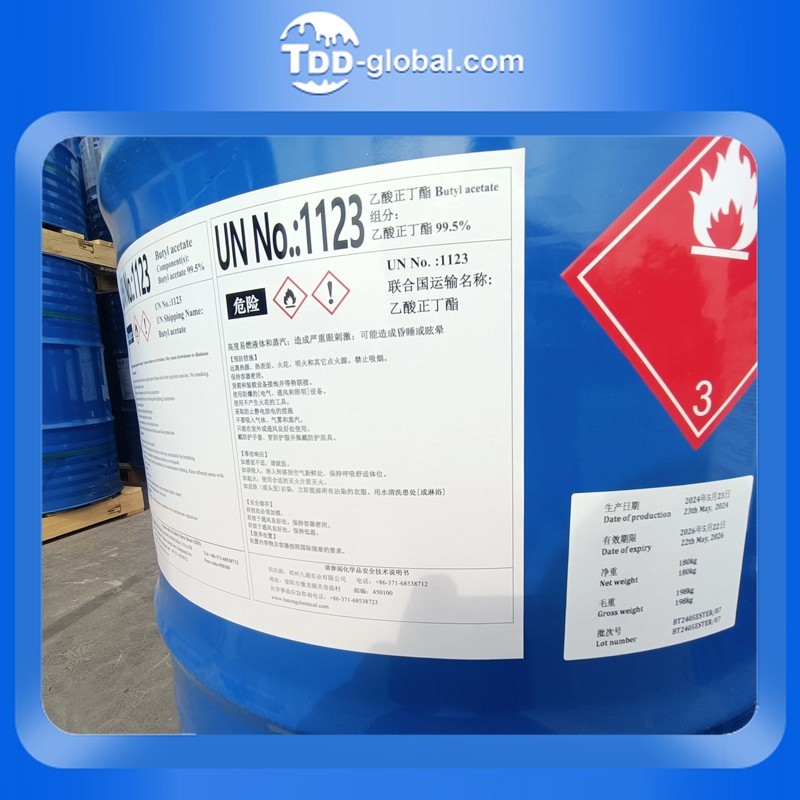Baoji Titanium Industry Research Institute
2,867
October 8, 2024, 11:58 AM
Shaanxi's economy has developed rapidly, with GDP reaching 3.28 trillion yuan. Scientific research transformation has accelerated, foreign trade growth has been strong, industrial intelligence has emerged, and the industrial structure has been continuously optimized. Among them, high-tech and cutting-edge industries such as photovoltaics and semiconductors continue to emerge, injecting new vitality into Shaanxi's economy. In Shaanxi's regional economic development pattern, the Guanzhong urban agglomeration, northern Shaanxi's "energy economy" and southern Shaanxi's green circular economy have all achieved breakthrough growth. In this context, Baoji City has demonstrated unique competitiveness in the industrial field relying on its own resource endowment.
The hit release of the first part of the movie "Feng Shen" successfully attracted the public's attention in Baoji, where "Xiqi" is located. After the movie was released, the search volume of tourism in Baoji increased significantly, and the volume of travel orders and ticket orders also increased significantly. Scenic spots such as Zhougong Temple in Xiqi and Baoji Bronze Museum became popular check-in places. However, Baoji is most praised for its industrial heritage. This city emerged due to the country's first and third line construction and layout, becoming an industrial town in the west and the second largest city in Shaanxi. Among Baoji's industrial business cards, the titanium industry is undoubtedly the most eye-catching one. Baoji's titanium industry accounts for most of the China market, ranking first in the country and second in the world in terms of industrial scale. It is known as the "China Titanium Valley." As one of the 24 key industrial chains in Shaanxi Province, the local government is ambitious about the development of the titanium industry, plans to lay out a 100 billion-level industrial chain, and is committed to building the "China Titanium Valley." The origin of Baoji's titanium industry can be traced back to the "third-line" construction period. At that time, a number of national key enterprises such as leading state-owned enterprises settled in Baoji, forming the productivity and industrial accumulation of the titanium industry. These companies have undertaken the production, development and trial production of titanium processing materials in China, making China the fourth country with a complete titanium industry system after the United States, Russia and Japan. With the deepening of reform and opening up and the vigorous development of the private enterprise economy, Baoji's titanium industry has gradually formed industrial integration. A large number of small and medium-sized titanium enterprises, driven by leading state-owned enterprises, have gathered here, forming a complete industrial chain. These enterprises are either suppliers to leading state-owned enterprises or entrusted processors, jointly promoting the development of Baoji's titanium industry.
After nearly 60 years of development, Baoji's titanium industry has formed a complete industrial chain from sponge titanium to titanium deep-processed products. At present, Baoji can produce 101 brands, more than 240 varieties, and more than 5000 specifications of titanium and titanium alloy products. Titanium production accounts for 95% of China's high-end market, 65% of national production, and 33% of world production. However, between ambition and reality, Baoji's titanium industry also faces some challenges. Problems such as weak overall competitiveness of enterprises, low industrial value, and single application scenarios in the titanium industry are still real problems facing local industries. Despite this, the government is still actively promoting the development of the titanium industry, hoping to enhance industrial competitiveness through technological innovation and industrial upgrading. In the future, with the support of national policies and the growth of market demand, Baoji's titanium industry is expected to usher in new development opportunities. With the joint efforts of the government and enterprises, the vision of "China Titanium Valley" is expected to become a reality.














